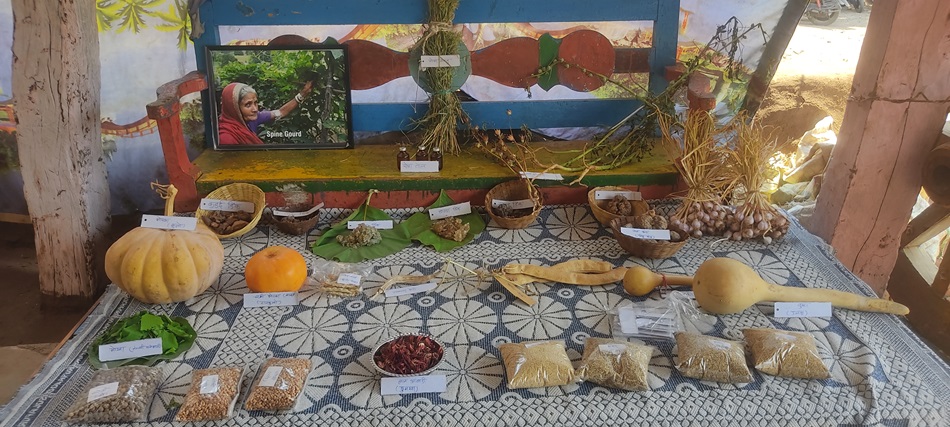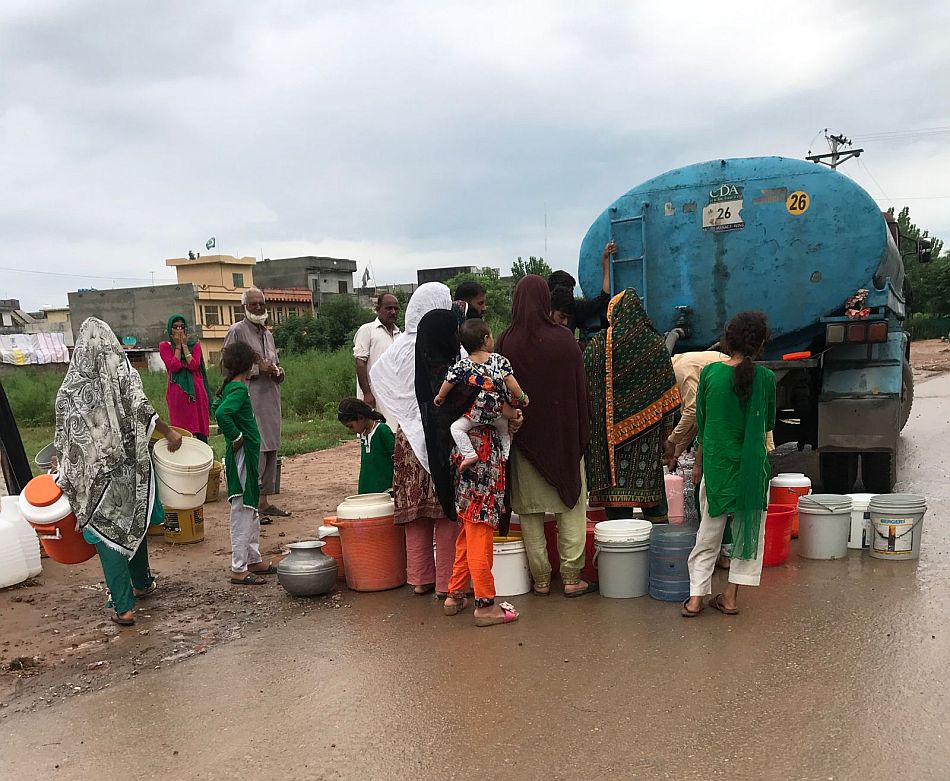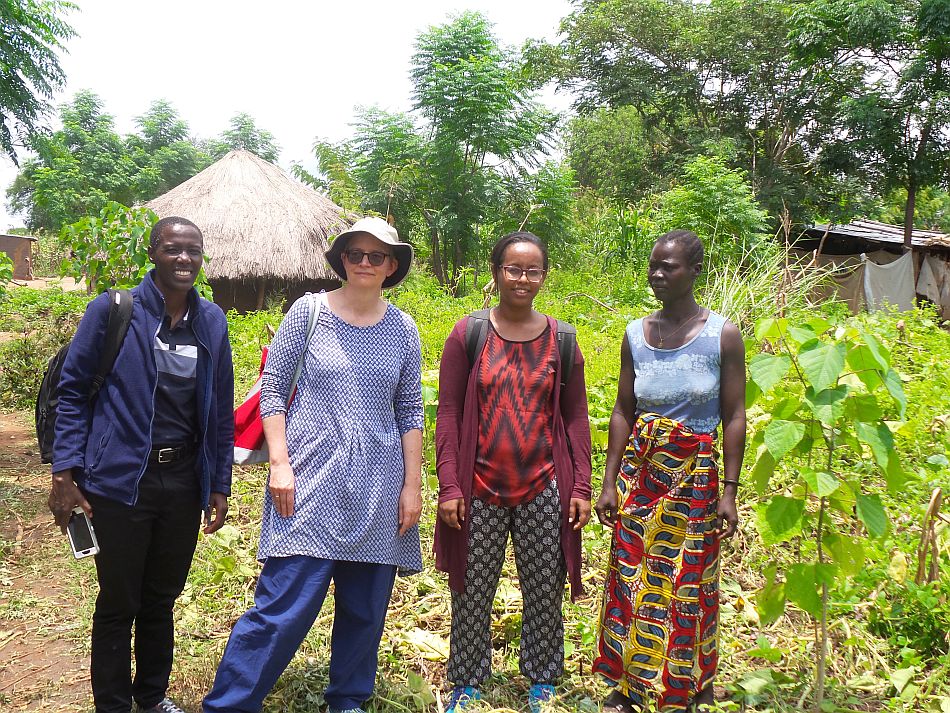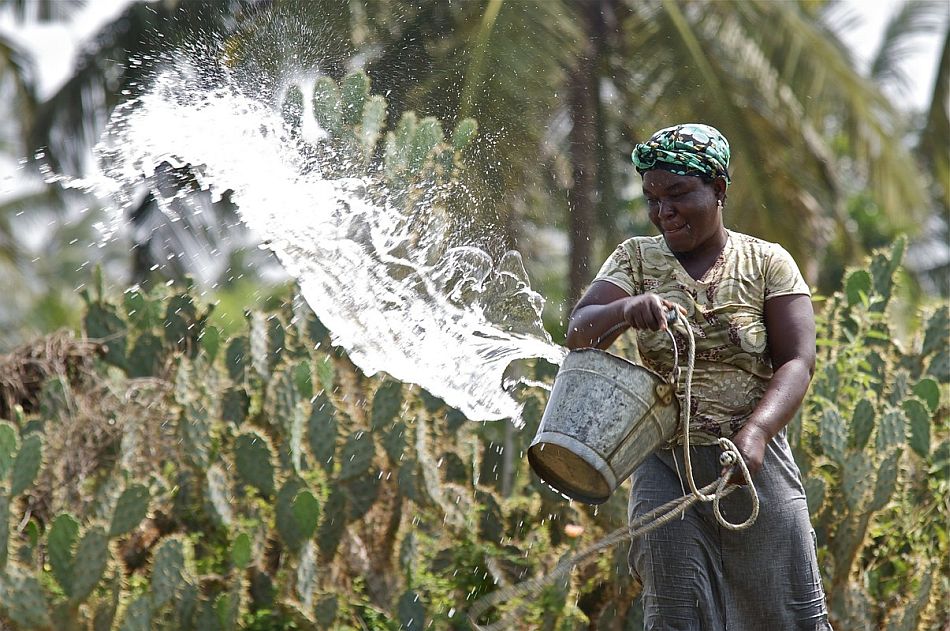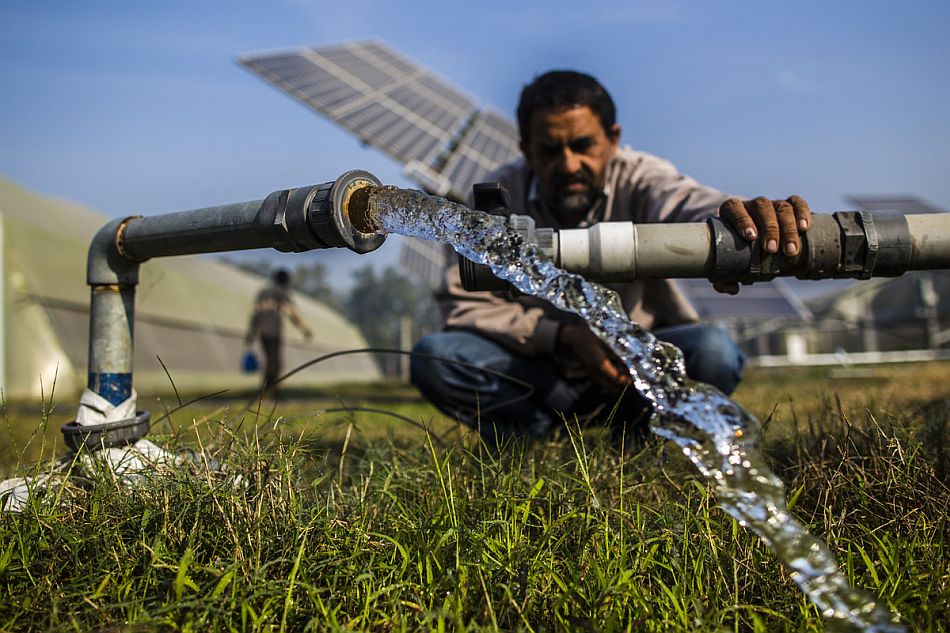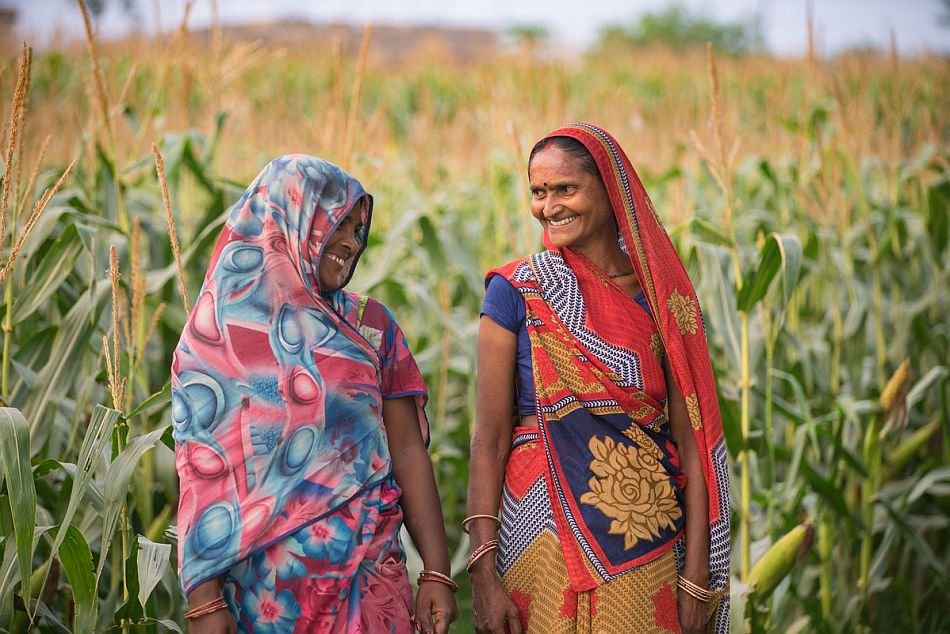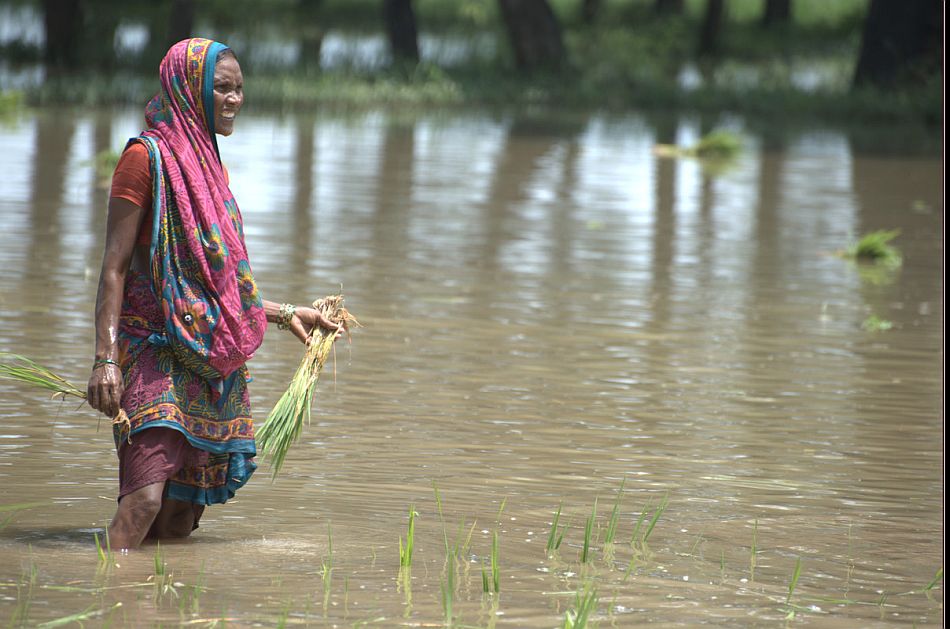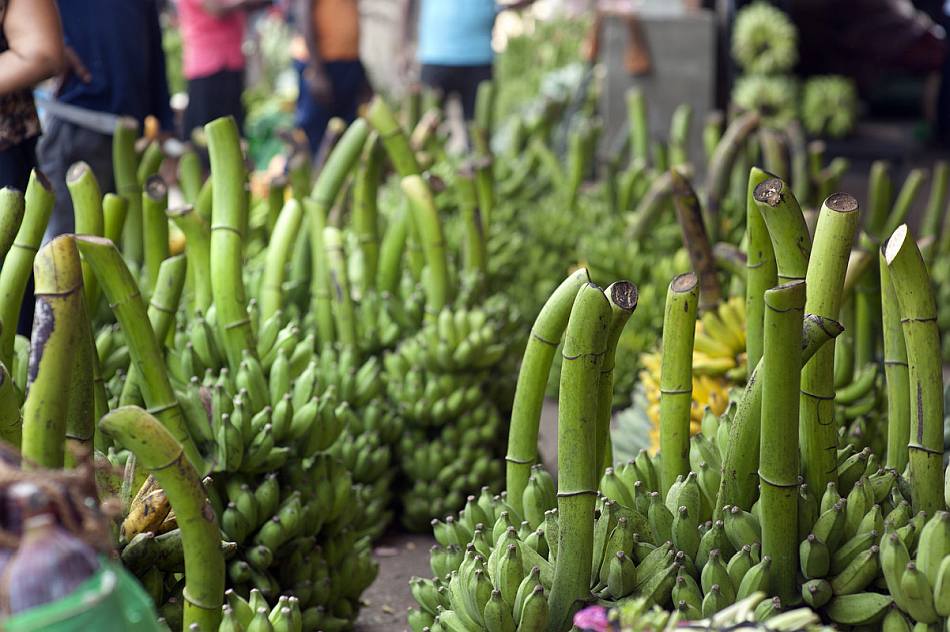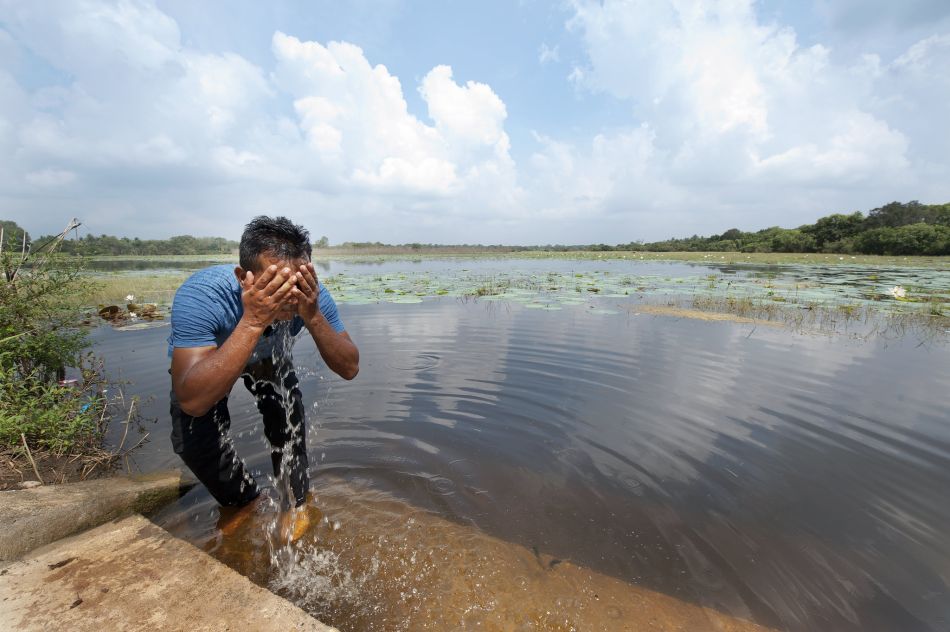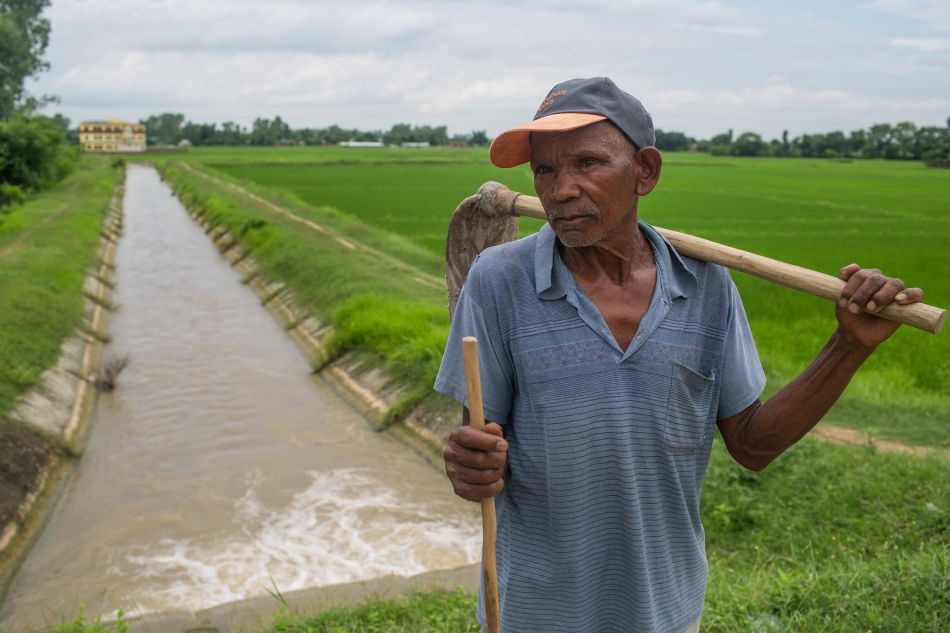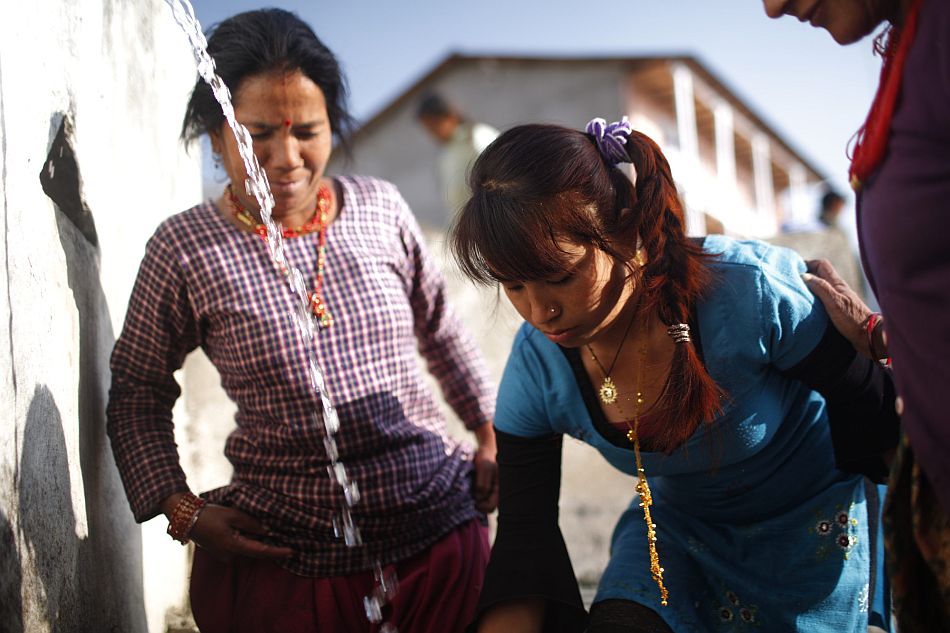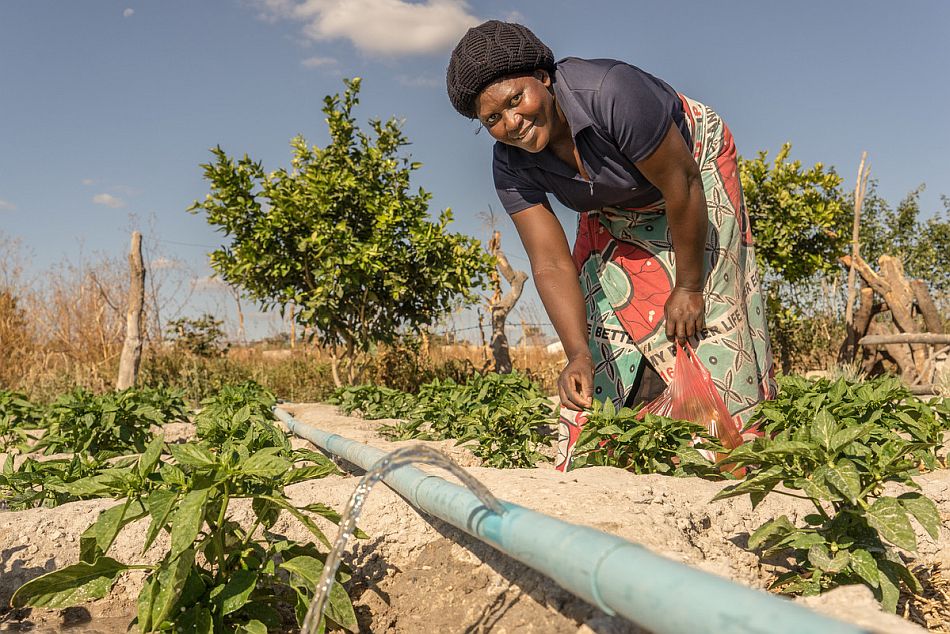By Manohara Khadka, Deepa Joshi and Alan Nicol
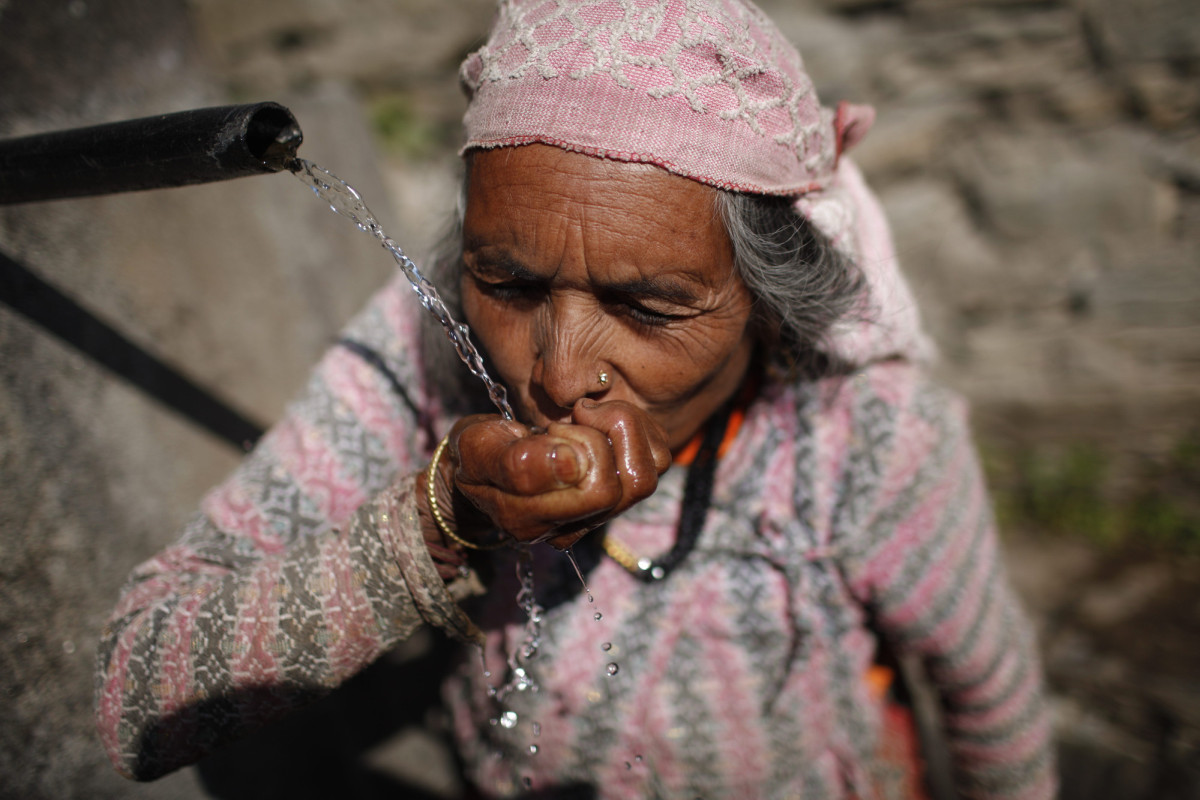
In times of crises, the poorest and most marginalized women are hit hardest
Inclusive WASH is a fundamental human right, enshrined in Nepal’s new constitution (2015). Yet, the official water supply organization in the capital city, Kathmandu Upatyaka Khanepani Limited (KUKL), can only meet 19% of the city’s water needs in the dry season and 31% in the wet season. The Covid-19 crisis highlights the disproportional WASH challenges for the poorest and marginalized in Kathmandu and elsewhere.
In the face of inadequate water supplies, many in Kathmandu continue to rely on traditional public water sources, although these systems are increasingly dysfunctional or defunct. More importantly, access to these sources is often restricted by social disparities, in particular caste. For most residents, including the poorest who live in low-income neighborhoods or squatter settlements along the city’s dying riverbanks, a more reliable option is water supplied by a booming private water tanker industry, which brings water into the city from peri-urban groundwater and surface water sources. On average, water supplied by tankers costs 10 times more than water from official public water systems. Those least able to pay are the most dependent on this private water supply. While the poorest manage with minimum quantities of water, they cannot practice Covid-19 guidelines on handwashing and other personal hygiene behaviors. Women are more likely to experience physical and emotional stress, as they are involved in domestic and care work, and also have to manage with inadequate water supplies, especially in times of crises.
A severe financial deficit impacts secure, sustainable and inclusive WASH in Nepal
Public investment in WASH services is a critical need, but budgetary allocations by the Government of Nepal have been persistently low, at around 3%, even after a 1.4% increase in the last four years. Additionally, in recent years, approximately 43% of the total national WASH budget was spent only on three official projects – all serving Kathmandu. More importantly, the country’s economy relies heavily on development aid. In 2018-2019, approximately half of Nepal’s total development finance was foreign aid.
These projections help to explain why WASH projects for unserved and underserved rural and urban communities are crucial. However, a project-based approach to tackling the WASH crisis provides only a short-term solution for poor communities. It does not constitute the strategic response that is so urgently required. There are opportunities for change. The recent drive to federalism aims to bring the government closer to the people through locally-representative governance. It is hoped that this will gradually allow the reallocation and reprioritization of budgets and finances, including for WASH, as part of the process of political and fiscal restructuring in the country. WASH services are likely to become an important yardstick of a political and economic contract between the government and society under the newly-designed, three-tier federal structure. We make two points here: (i) unless the WASH fiscal allocation increases nationally, there will be little budget to ‘reallocate’ to local governments; and (ii) as discussed below, unless planning is inclusive, there will be continued disparities in access to appropriate and affordable WASH services.
Increased financing needs to be complemented by inclusive planning and decision-making
The roll out of federalism also provides a strategic opportunity to build principles and practices of gender equality and social inclusion (GESI) into systems and structures of local governance. In other words, it allows rethinking development and well-being while taking into consideration multiple and intersecting forms of disparities and exclusions. To do this well, systemic and structural issues of hierarchy, exclusion and imbalances in power need to be tackled strategically. The move from a unitary to a federal system of government provides the opportunity to restructure gender equal and socially inclusive governance, but do we have the technical know-how to implement these objectives? Is the political commitment for representative, participatory and socially inclusive governance complemented by appropriate human and material resources?
The Covid-19 crisis has revealed why the relationship between universal and inclusive WASH and human health and well-being is so crucial. Reflecting on the situation before and after the crisis, we urge the Government of Nepal and the Himalayan country’s development partners to do the following:
- Prioritize and increase WASH investments in national budgets.
- Strengthen inclusive WASH programming capacity at scale, including at the lowest tiers of decentralized governance.
- Identify, map and target the delivery of improved WASH infrastructure and services to urban and rural marginalized communities.
- Ensure women and representatives from marginalized groups and the most vulnerable communities engage in decision-making, planning and policy processes of all WASH interventions.


